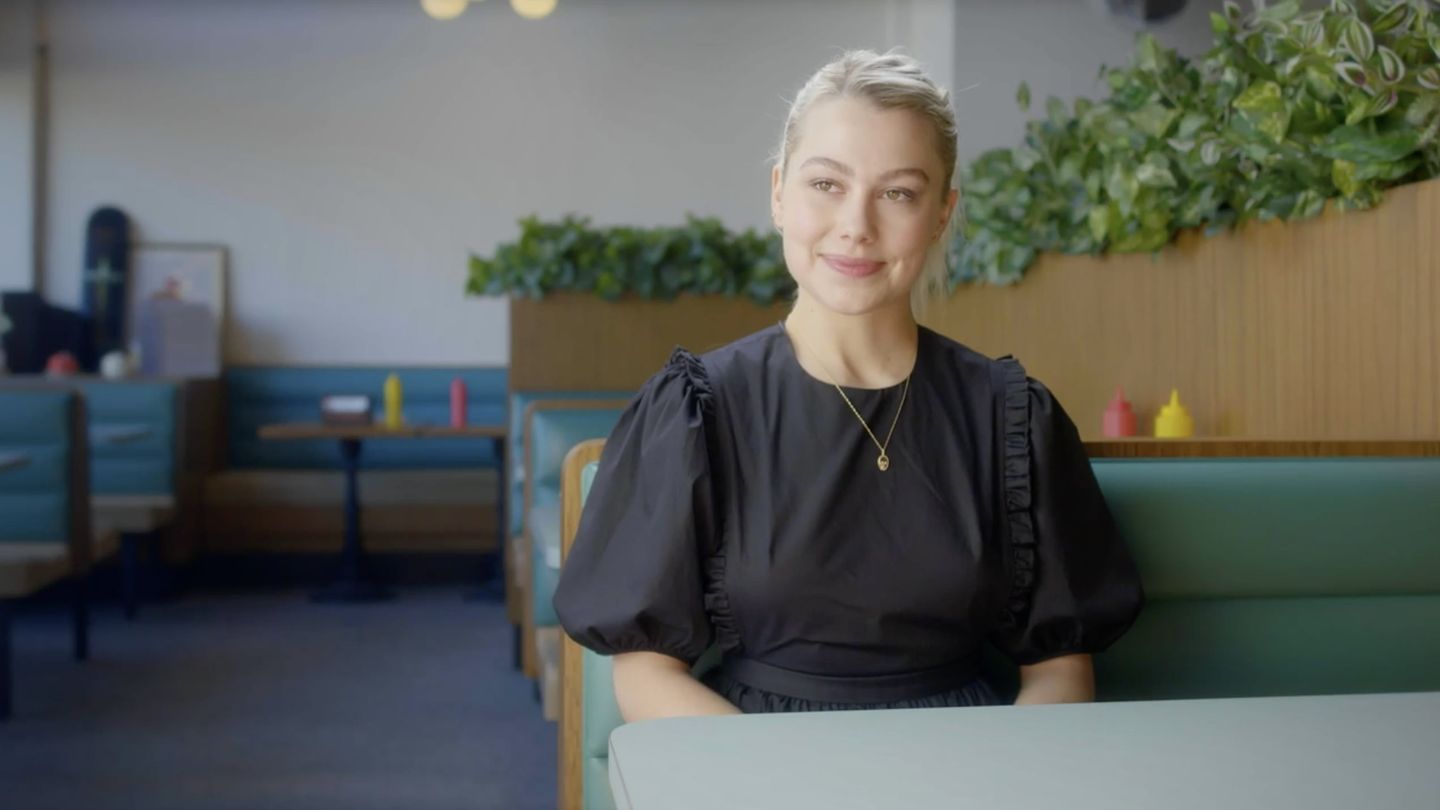
Phoebe Bridgers Reflects On ‘Kyoto’ And Its Impact: ‘Forgiveness Is A Gift To Yourself’
 82
82  83
83 As much as Phoebe Bridgers’s brand is being sad online, two of her biggest songs delve directly into the red, venting anger and frustration. On 2017’s “Motion Sickness,” a track that helped establish her as a foremost singer-songwriter who can wring your heart with a nimble voice and a few guitar chords, it was about reflecting on bitterness. “‘Motion Sickness’ is almost ironically angry,” Bridgers tells MTV News correspondent Dometi Pongo. “I’m mad and I’m trying to get through it, or something, and it’s a lot about resentment.”
On last year’s “Kyoto,” though, the musical mood feels lighter, led by a bright trumpet melody and an an almost fizzy travelogue she recalls via the lyrics. Yet the tale itself is darker, drawing from Bridgers’s own unresolved relationship with her father, as she explains on the latest episode of the MTV News documentary series “The Method.” “‘Kyoto’ is kind of like that sequel feeling, where I’m mad at my dad,” she laughs, “but then, kind of realizing that I’m also kind of over it. Forgiveness is a gift to yourself, and I totally feel like that. It sucks to walk around angry all the time.”
The power of “Kyoto” is palpable. It landed Bridgers her first-ever Grammy nominations — for Best Rock Song and Best Rock Performance — and also netted her second LP, Punisher, a nod for Best Alternative Music Album. It also helped opened the lines of communication back up between her and her father “for the first time in a really long time,” during the past year, as the pandemic raged on. “Songs are great. They just kind of help you work through shit, like, kind of even before I feel it.” They talked about “Kyoto” a bit, too, though not up front. It took the song’s Grammy success to prompt that portion of the conversation, Bridgers says. “He was like, ‘Hey… that song that’s about me is nominated for a Grammy,’ and that’s the first time we talked about it. But yeah, I’m glad it was lighthearted of a conversation.”
Even as anger and sadness can be catalysts for Bridgers’s songwriting process, and even as her overall sound has come to be defined by an affinity for downbeat, atmospheric, and emo-adjacent confessional music, her aims have always been much loftier than making sad sound for its own sake. “Honestly, it’s like trauma representation,” she explains. “It’s like when I read a book that’s super dark, or something, there’s like a weight lifted because it’s just someone that you look up laying all this out that you relate to.”
Watch Bridgers dive into her career beginnings, what makes her excited to keep writing and pushing forward, and why she’s aligned her visual aesthetic with ghosts and skeletons in the full episode of “The Method” below. (And then, see previous episodes with Patientce Foster and Tayla Parx.)


